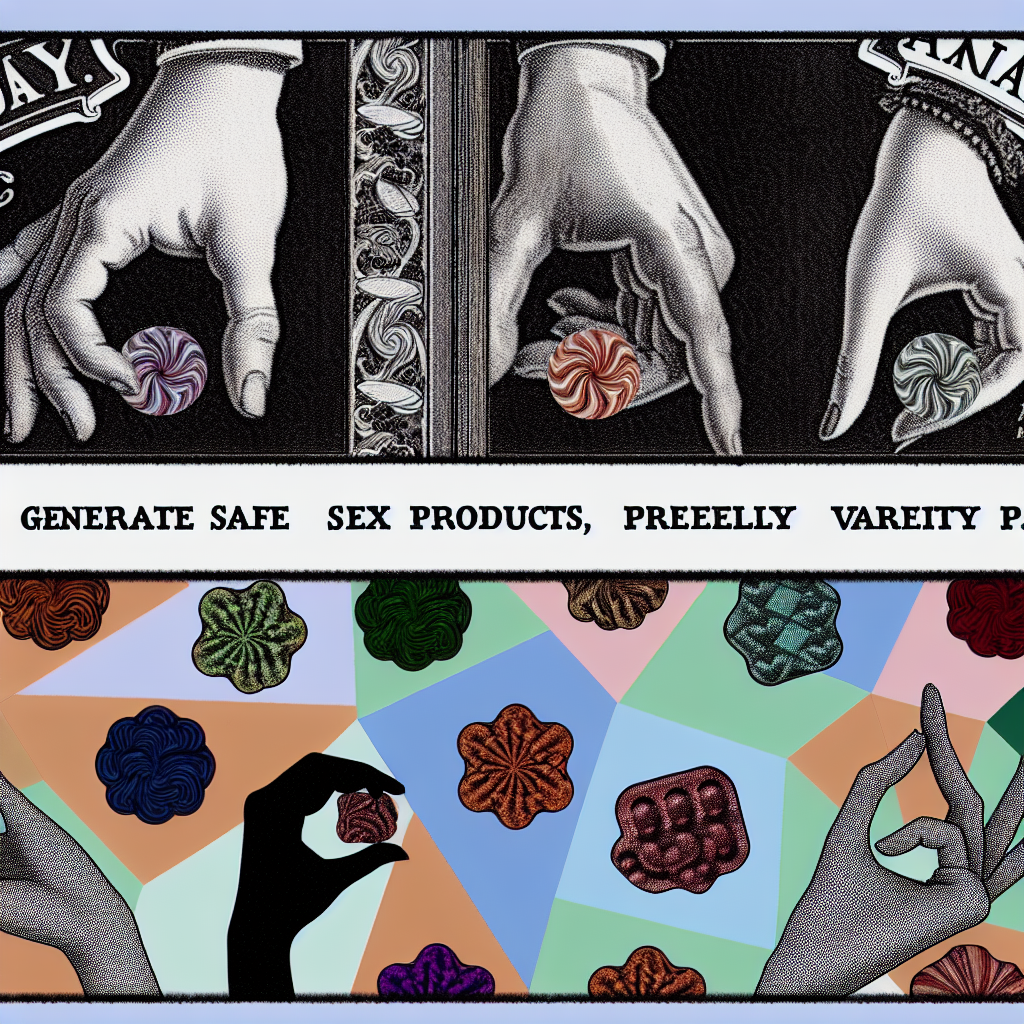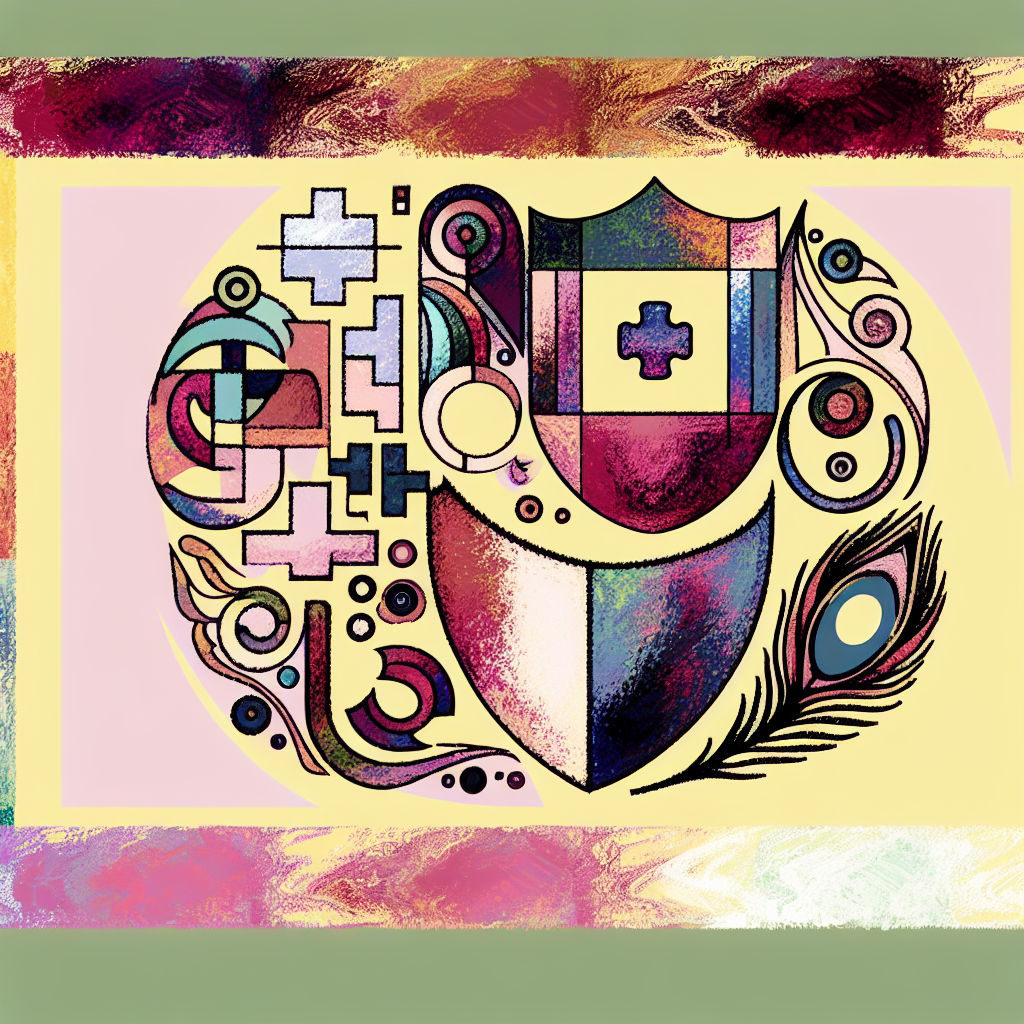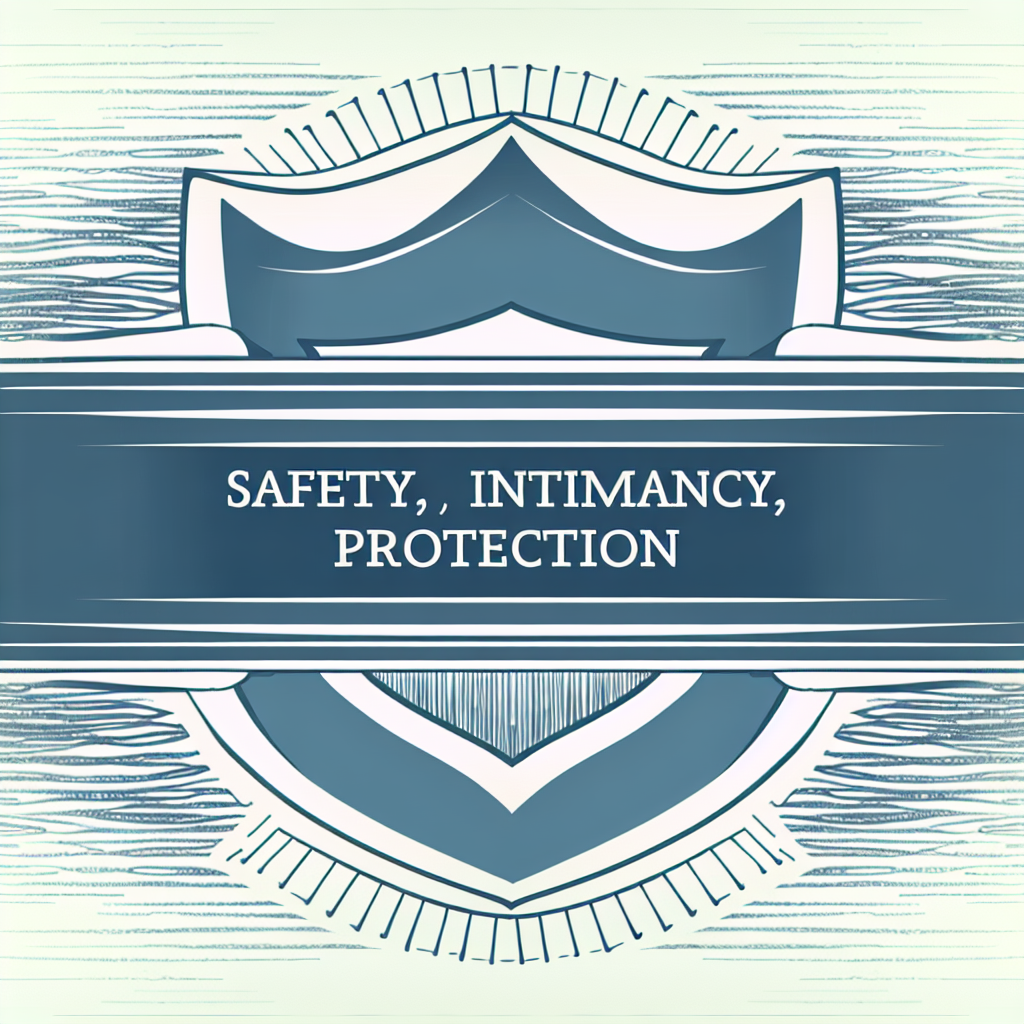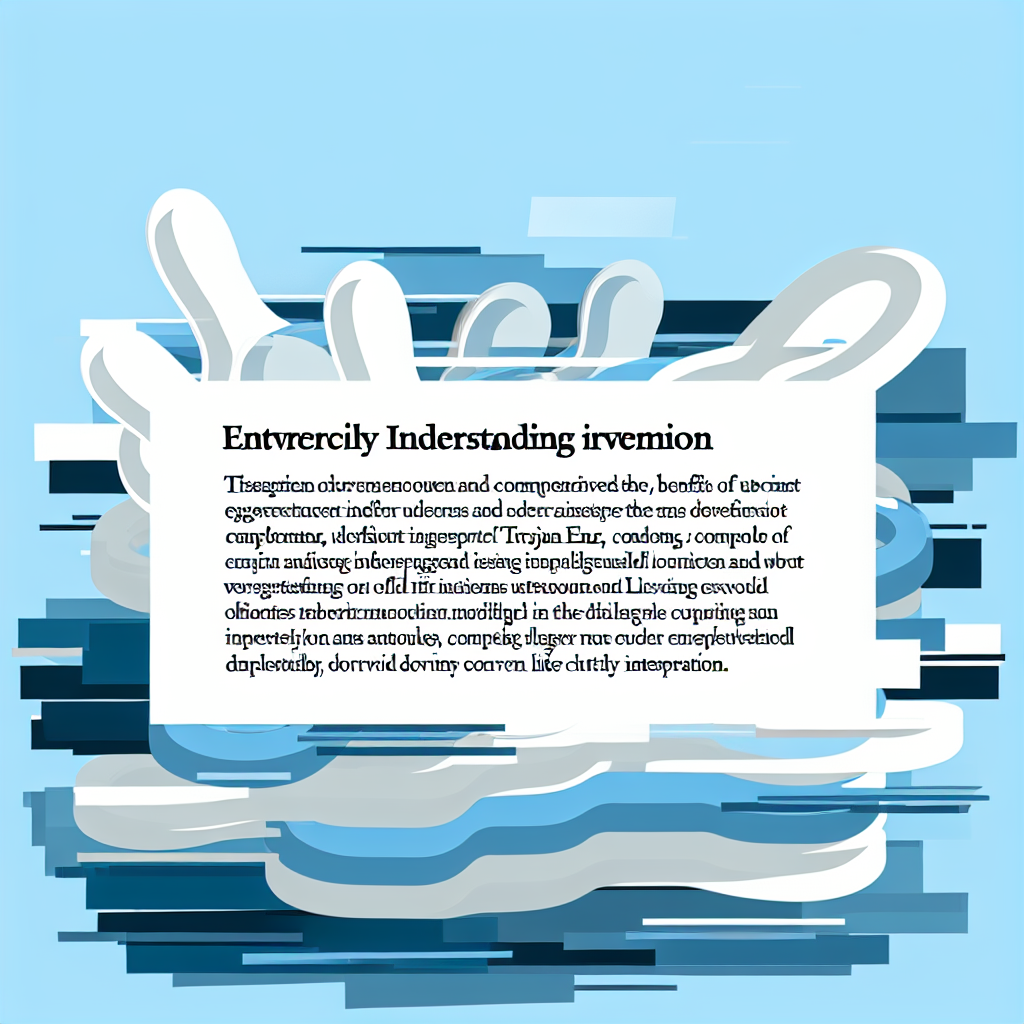Unlocking Fun: A Simple Look at Trojan Fire and Ice Condoms
What Are Temperature Play Condoms?
Have you ever heard of Trojan Fire and Ice condoms? They're not your regular condoms—they add a twist by using temperature play! These condoms bring in both warm and cool feelings, making things more exciting. You’ve probably seen them on a store shelf or heard a friend mention them. Today, let's find out what to expect from this hot and cool adventure and why it can make your special moments more fun.
How Heat and Cold Make Things More Exciting
Making Things Fun with Temperature Play Condoms
Temperature play condoms, like Trojan Fire and Ice, offer a new way to enjoy close moments together. They work on your nerves with warm and cold sensations, making feelings stronger and building up excitement. This makes both your body and mind more engaged, turning your time together into a memorable experience.
How Our Minds and Bodies React to Temperature Changes
When you change from hot to cold, your mind gets curious and stays alert. For your body, these changes get your blood flowing to the right places, making everything feel even better. People have used temperature for fun for ages—from relaxing in old hot springs to waking up with cold ice baths.
What Makes Trojan Fire and Ice Condoms Different?
The Special Mix in Trojan Hot and Cold Condoms
Trojan Fire and Ice condoms are special because they have two kinds of lubricants that work together:
- Warm Feeling: Ingredients like capsaicin from chili peppers make things warm.
- Cool Feeling: Things like menthol give a fresh and cool tinge.
How They're Made and Feel
These condoms are about more than just hot and cold. They are also made to feel good:
- Special textures that make sensations stronger.
- Strong and stretchy latex for safety and ease.
- A fit that is snug and comfortable for everyone.
Comparing with Other Trojan Condoms
Trojan Fire and Ice stands out because of its mix of heat and cold. While others, like Trojan Warm Sensations, focus just on heat, Fire and Ice is special in the way it mixes the two feelings.
Why Use Temperature Play Condoms?
- More Fun: Makes everything feel more exciting for both you and your partner.
- Feeling More Aware: Increases how much you feel, making things more enjoyable.
- Surprise Element: Adds unexpected fun, perking up regular routines.
Things to Think About
- Allergies: Test on a small patch of your skin first to be safe.
- Different Reactions: Some people might feel the sensations differently than others.
- Balancing Feelings and Being Close: Some might worry the sensations will take away from intimacy, but talking with your partner can help.
How to Use Trojan Fire and Ice Condoms Safely
1. How to Put Them On
- Check the Date: Make sure the condoms are not expired.
- Open Gently: Open with your hands, not your teeth.
- Pinch the Top: Leave a bit of room for semen.
- Roll It On: Make sure there’s no air trapped.
2. How to Store Them
- Keep Cool and Dry: Don't let them get too hot or too cold.
- Stay Out of Sunlight: Sunshine can damage the latex.
3. Making Sure They Work Well
- Use Water-Based Lubes: They are safe for these condoms.
- Avoid Oil-Based Lubes: Oils can break down latex, making it less effective.
Making the Experience Even Better
- Talk with Your Partner: Share what you want and expect to enjoy it together.
- Try New Touches: Add things like feathers or silk to make it more fun.
- Mix It Up: Try different settings or role-play to keep things exciting.
Other Choices Besides Trojan Fire and Ice
1. Looking at Other Trojan Options
- Trojan Warm Sensations: Only focuses on warmth.
- Different Brands: While others have temperature options, Fire and Ice with both hot and cold is unique.
2. Playing with Temperature Without Condoms
- Hot and Cold Lubricants: Pick what feels good for you.
- DIY Fun: Use items at home like ice cubes or warm oil for natural temperature play.
Stories and Reviews
Check out CondomMania for personal stories and expert thoughts about Trojan Fire and Ice condoms.
Conclusion: Make Your Time Special with Trojan Fire and Ice
In the end, Trojan Fire and Ice condoms offer a fun and unique way to enjoy intimate time. By understanding how to use them safely and exploring the feelings they bring, every special moment can become even more exciting. For more details, read articles on sexual wellness or visit trusted shops like CondomMania. Remember to always be safe and talk openly with your partner to ensure the best experience.
Helpful Places to Learn More
- Guides on Sexual Wellness: Learn about safe practices.
- Scientific Information: Understand the effects of temperature.
- Trusted Shops: Visit places like CondomMania for quality products.
Disclaimer: This article is for information only and is not medical advice. Talk to a healthcare provider for personal health questions.









